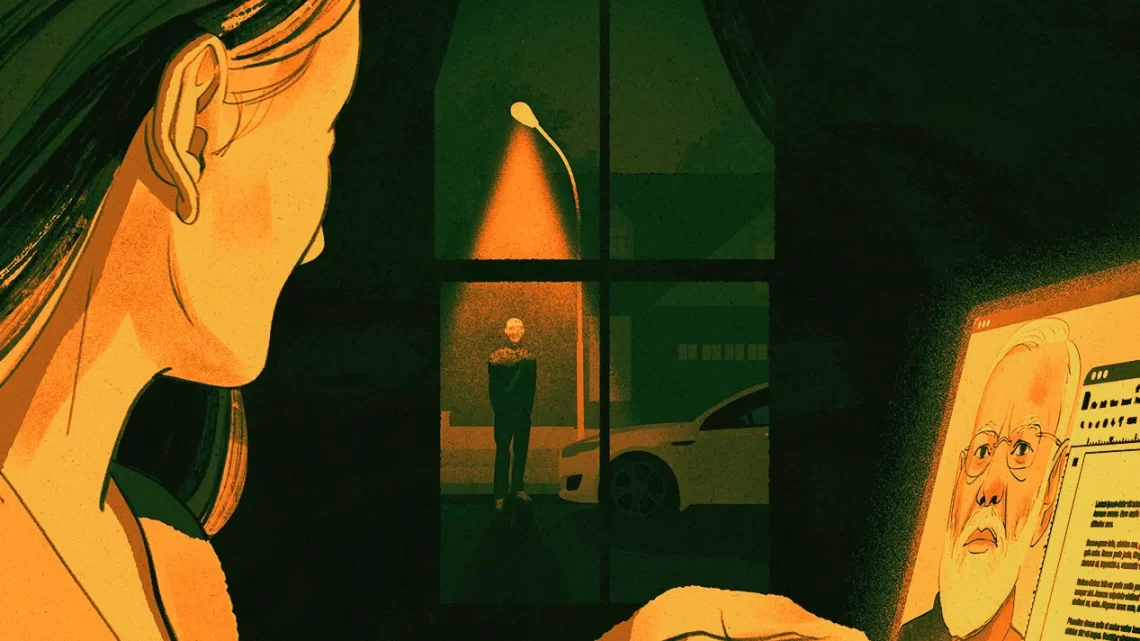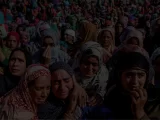
Indian Diaspora in Fear: Inside a US Ally’s Secret War On American Critics
May 29, 2024 Off By Sharp MediaThe BJP-led Indian government’s aggressive measures to suppress dissent have not only targeted domestic critics but have also extended beyond its borders, affecting the Indian diaspora globally. This concerted effort to stifle free speech and independent journalism is exemplified by the case of Kashmiri journalist Raqib Naik, whose experiences reveal a troubling pattern of transnational repression.
Harassment of Journalists:
Raqib Naik’s ordeal is a stark example of the systematic harassment faced by journalists under the BJP government. Naik, who fled to the United States to escape persecution, has been subjected to a relentless campaign of intimidation. This campaign is part of a broader strategy aimed at silencing critical voices and controlling the narrative within and outside India. The systematic targeting of journalists like Naik underscores the BJP’s intent to suppress any form of dissent or independent reporting.
Intimidation of Family Members:
The Indian government’s tactics are not confined to the journalists themselves. Naik’s family, particularly his father, has also been harassed, illustrating the lengths to which the government will go to create a climate of fear. This strategy of targeting family members is designed to exert additional pressure on journalists, ensuring that the threat of repercussions extends beyond the individual to their loved ones, thereby amplifying the intimidation.
Transnational Repression:
Naik’s case is a poignant illustration of the BJP’s transnational repression efforts. Even after relocating to the United States, Naik has faced anonymous threats and surveillance, highlighting the global reach of the Indian government’s efforts to silence its critics. This disturbing pattern of persecution underscores the BJP’s determination to suppress dissent wherever it arises, demonstrating a blatant disregard for international norms and the sovereignty of other nations.
Digital Intimidation and Threats:
In addition to physical and psychological harassment, Naik has been subjected to a deluge of hateful messages and threats on social media. This digital harassment is part of a coordinated campaign to intimidate and discredit dissenting voices. The use of online platforms to spread vitriol and fear is a modern tactic employed by the BJP to undermine opposition and control public discourse.
Climate of Fear among Critics:
The pervasive atmosphere of fear among critics within India, as documented by Vox Media, highlights a significant erosion of democratic norms under the BJP’s rule. This climate of fear stifles open debate and discussion, essential components of a healthy democracy. The BJP’s broader agenda appears to be the crafting of a Hindu state, achieved by marginalizing and silencing dissenting voices, particularly those from minority communities like Muslims.
Involvement of US Authorities:
The involvement of the FBI in Naik’s case, including discussions about his safety, underscores the severity of the threats he faces. It also indicates a growing international concern about India’s attempts to silence its critics and the broader implications for freedom of speech globally. The FBI’s involvement highlights the seriousness with which these threats are regarded and the need for international solidarity in protecting fundamental freedoms.
Uniting Against Repression:
The international community must hold the BJP-led Indian government accountable for its actions. There is an urgent need to unite in defense of the fundamental rights of journalists, activists, and minority communities. Ensuring that democracy and justice prevail requires a concerted effort to protect these voices from repression and to uphold the principles of free speech and human rights globally. The time has come to stand against these authoritarian tactics and support those who courageously speak out against injustice.

